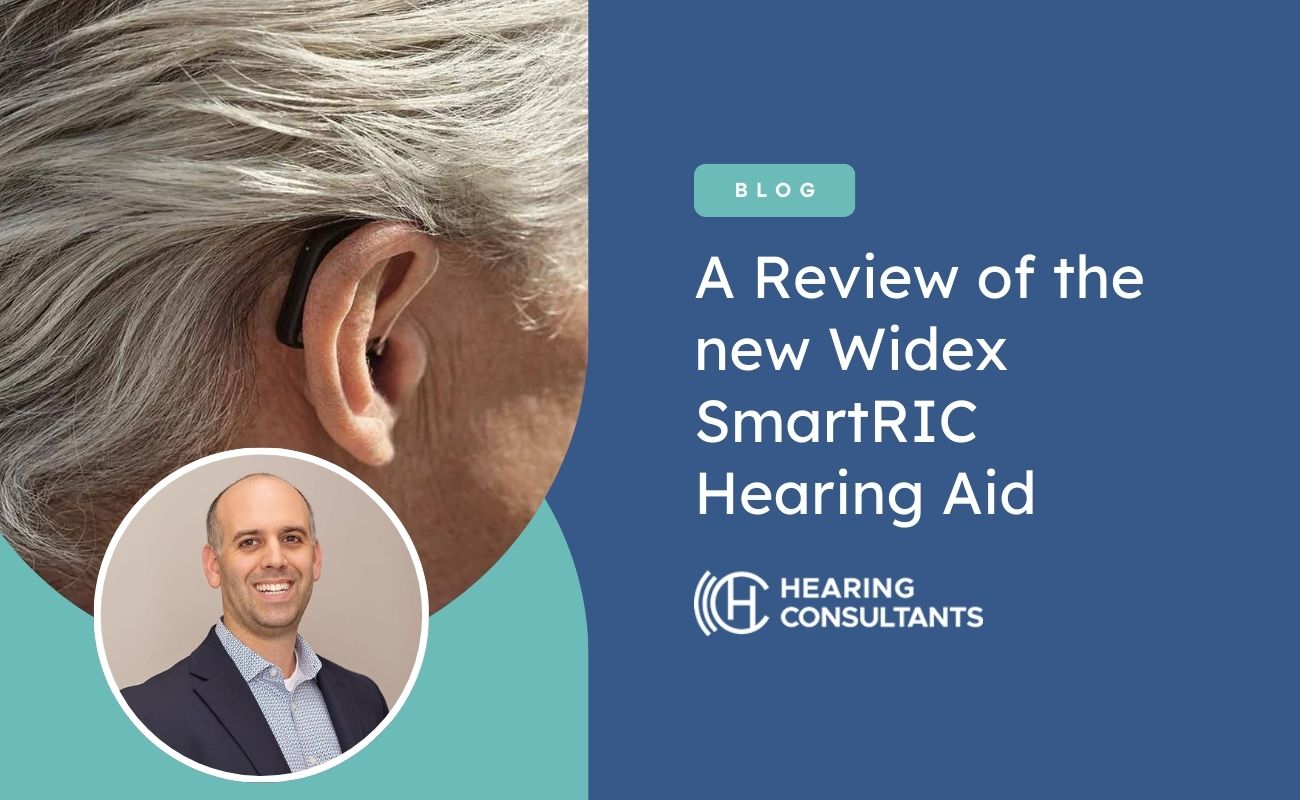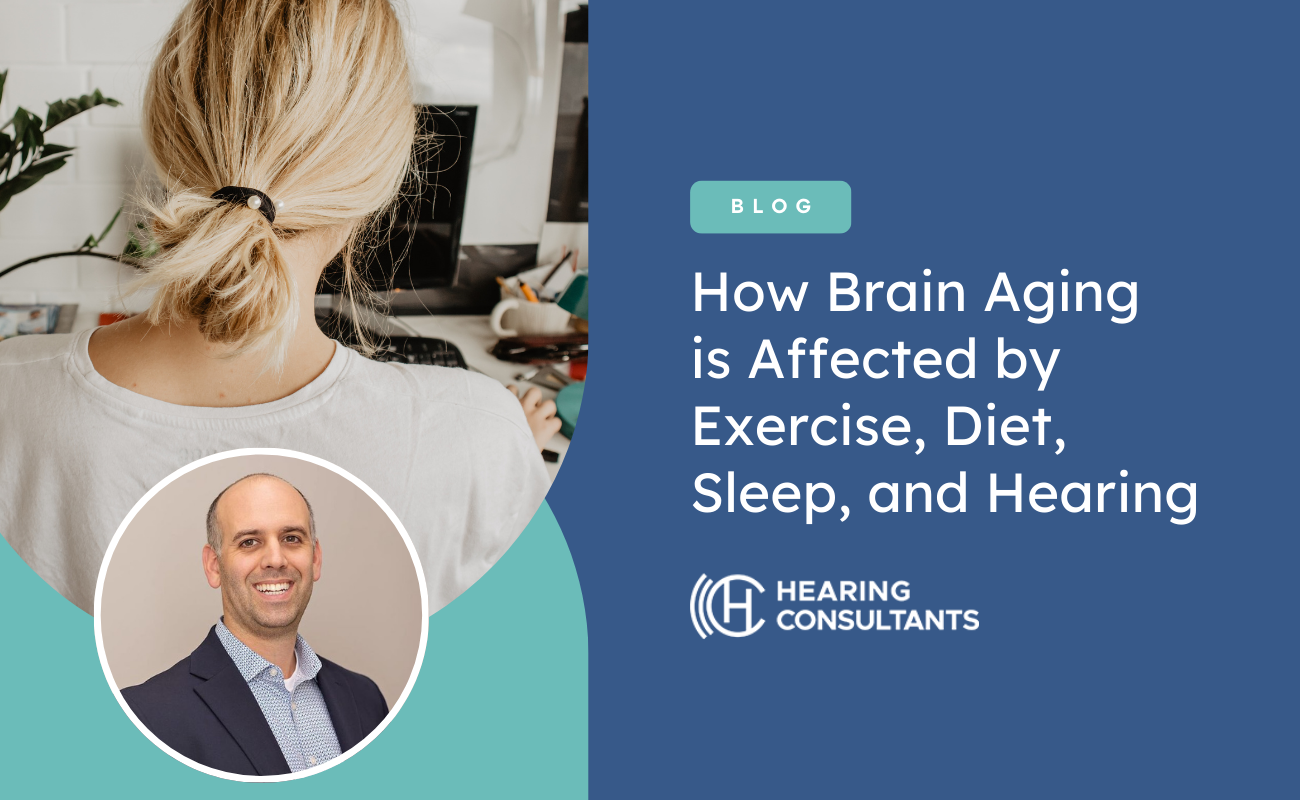How Treating Hearing Loss Supports Your Brain
Hearing loss is a common part of aging, with approximately one in three people in the United States between the ages of 65 and 74 experiencing hearing loss, and nearly half of those older than 75 having difficulty hearing. While this is normal, avoiding hearing loss treatment can have serious effects on your brain.
Neuroplasticity’s Effect on the Brain
A study done at the University of Colorado’s Department of Speech Language and Hearing Science examined neuroplasticity, which is how the brain reorganizes itself by forming new neuron connections throughout a lifetime. The study explored how neuroplasticity affects the adaptation of the brain after the onset of hearing loss. The study explores the questions: How does the brain adapt to hearing loss and what are the implications?
Neuroplasticity is the brain’s ability to change at any age. While it was previously believed that the brain was unable to grow and evolve, scientists now know this is not true. In the case of hearing loss, the area of the brain devoted to hearing can actually become reorganized, or reassigned to other functions. In this study, the participants were adults and children with varying degrees of hearing loss. Some had only mild hearing loss while others were severely hearing impaired or deaf. Using up to 128 sensors attached to the scalp of each subject, the team of researchers used EEG recordings to measure brain activities in response to sound stimulation. In doing this, they were able to understand how the brains of people with different degrees of hearing loss respond differently than those of people with healthy hearing.
One of the most important discoveries researchers came away with on this study was when hearing loss occurs, areas of the brain devoted to other senses such as vision or touch will actually take over the areas of the brain which normally process hearing. It’s a phenomenon called cross-modal cortical reorganization, which is reflective of the brain’s tendency to compensate for the loss of other senses. Essentially, the brain adapts to a loss by rewiring itself. While this re-organization is an impressive testament to the adaptability of the human mind this reorganization can have a seriously detrimental effect on cognition. Even early stages of hearing loss can lead to cognitive decline.
Why Hearing Health Matters
Compensatory brain reorganization may explain why age-related hearing loss is so strongly correlated with dementia, and why it must be taken seriously. Even in the early stages of hearing loss, the brain begins to reorganize. Knowing this, the solution could be as simple as early hearing loss screening programs for adults. Getting ahead of the decline through early intervention could prevent long term cognitive issues down the road. Aside from the realization that hearing loss can affect the very memories that make up your life hearing loss effects so many aspects of mental and brain health. Healthy hearing and early intervention in the event of any degree hearing loss are essential to maintaining strong cognitive function. According to an April 2014 study published in JAMA Otolaryngology Head & Neck Surgery, 11.4% of adults with self-reported hearing impairment have moderate to severe depression, significantly larger than the 5.9% prevalence of depression for those with typical hearing.
When a person cannot hear properly, engaging in conversations is a daily struggle, and can lead to social isolation and depression. In people 65 years and older, hearing impairment is among the most common chronic conditions associated with depression. In addition to depression, hearing loss has been linked to schizophrenia. which supports the social defeat hypothesis. This hypothesis proposes that social exclusion and loneliness can predispose people to schizophrenia by an increase in sensitization of the dopamine system.
Prevent Cognitive Decline
While hearing aids have proven over and over again to help with hearing loss and cognitive decline, less than 25 percent of people who need hearing aids actually get them. The average time someone with hearing loss waits to seek treatment is seven years, which is a tremendous period of cognitive decline that is easily preventable. Contact us at Hearing Consultants to set up a hearing test. From your hearing test, we can diagnose exactly whether a hearing loss is present, and if so, the best way to treat it. Contact us today and start the process to improving your hearing and cognitive health!
Get in touch with
Hearing Consultants
Contact our clinic to schedule an appointment today!







